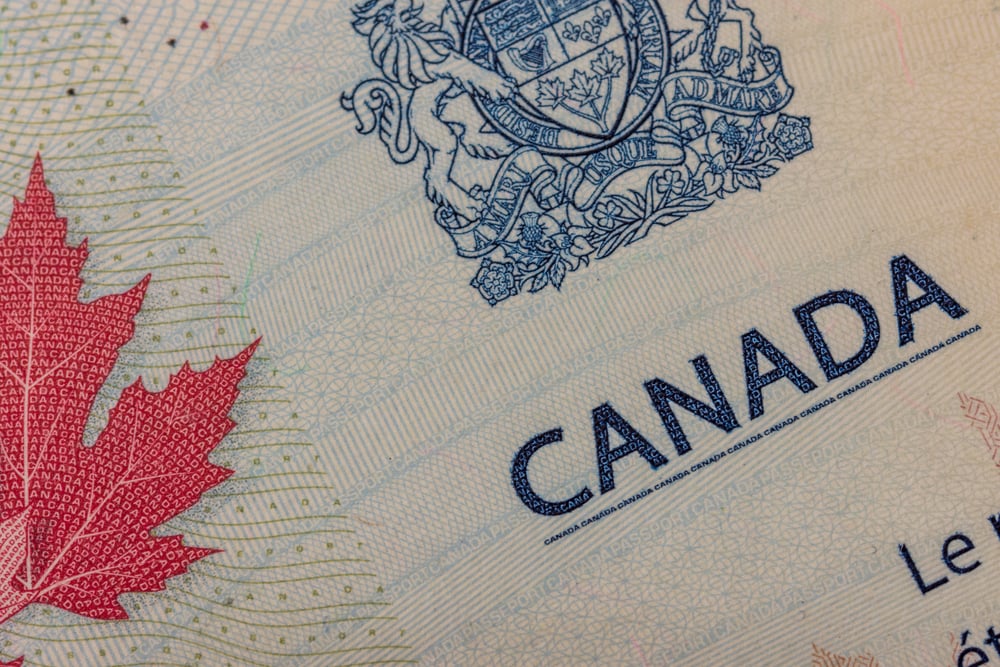Misrepresentation and Truthfulness
Candidates must be honest and forthright during each phase of the visitor visa application process to prevent issues regarding deception.
Unauthorized Status in Country of Residence
Candidates must address unlawful status matters in their nation of domicile before seeking a Canadian visitor visa. For example, presenting evidence of lawful residency will aid IRCC in feeling assured that the candidate will comply with regulations during their time in Canada.

Failure to Meet Health Standards
Certain foreign citizens, including those seeking a Super Visa, will undergo a medical evaluation for their visitor visa application.
Candidates might face refusal to enter Canada due to their health condition. However, it’s feasible to alleviate these worries by furnishing IRCC with a comprehensive medical history and completing any mandatory medical assessments. A certified healthcare provider’s letter verifying the candidate’s good health can also be beneficial.
Inadequate Financial Means
IRCC and CBSA officials must be confident that foreign nationals can survive in Canada. Thus, it’s crucial to demonstrate financial solidity by providing documents confirming the candidate’s earnings and possessions, such as recent bank records, employment authentication letters, and other evidence establishing financial reliability.
In summary, individuals from various countries often visit Canada for leisure, family visits, or business purposes, requiring a temporary resident visa if they come from visa-required nations. However, Immigration, Refugees, and Citizenship Canada (IRCC) may reject visa applications for several reasons, including incomplete documentation or failure to pay processing fees on time. Additionally, applicants with a criminal history must be transparent about their past and provide necessary documentation to support their application. Clarity about the purpose of the visit and supplemental documentation can also prevent visa refusals, ensuring a smoother entry process into Canada.






